In celebration of how-matters.org’s 8th year, I’m sharing excerpts from the eighth or eighty-eighth pages of the eight following books that have been on my reading list this year. Enjoy!
1) Rethinking Poverty: What makes a good society? by Barry James Knight
This book begs the question: what if we started with the society we want, rather than framing poverty as a problem to be solved?
[In 1911], Given that destitution was concentrated in certain areas, such that there were ‘cities of the poor’, the destitution rate signified ‘a disease at the heart of society.’
Today, while we have not totally abolished destitution among certain groups – most evidently among homeless people, migrant workers, and refugees – no campaigner would seriously claim that significant sections of the UK’s population experience the level of destitution described [then].
2) A Clean Death, by Adriaan Verheul
A gripping mystery/thriller read with two international aid projects, one that goes really well (lots of local buy-in) and another that goes horribly wrong (imposed from outside), at the center. A finalist in the 2018 Next Generation Indie Book Awards.
They all started to shout names and tried to make eye contact with him, hoping that he was their man. He shook his head and made his way to the big lady, giving her a nod.
“Mr. Oliver, sir?”
“Yes.” He nodded again, trying to match her smile.
“Welcome to the City by the Water, sir. So sorry about your father, sir, please follow me.”
She grabbed the handle of his carry-on luggage and walked resolutely to a collection of vehicles that apparently were picking up pasengers. Looking around, he spotted several gatherings of people in various degrees of official garb, shaking hands with heels tight together, as if standing at attention.
“Welcome back, Your Excellency,” he heard someone say, “I hope you had a most fruitful mission, Excellency.”
Whoever the Excellency was did not respond. Oliver had never heard anyone called “Excellency” before…
3) Revolutions, by Trayle Kulshan
The following 99-word scene is one of 99 scenes that make up this lyrical, global-traversing memoir. (I do offer a content warning for the book, as it includes references to sexual violence.)
Kenya
Marriage
On a busy morning in Nairobi, I was married. Inside the Sharia courthouse, we waited with witnesses along the narrow second-floor hall for the marriage room to open. It had red carpet—rolling at the corners and the edges— and plastic flowers on the black metal desk where we signed papers carefully written on an old typewriter.
After a champagne lunch, I returned to work and led a meeting wearing heavy eyeliner and a brand-new ring.
Then we celebrated. We served spiced lamb, rosewater cake, and wine. We were blessed by a henna-haired Somali man wearing a safari- logo vest.
4) La Economía Politica y Solidaria: Construyendo Alternativas, by Jorge Santiago Santiago
[De: Los elementos fundamentales de un modelo alternativo]
La convivencia, la fiesta, la participación, la entrega, el don, las formas alternativas de convivencia, la ruptura con la dominación y la práctica de la libertad es la capacidad de recrear espacios; hacer presente todos los sueños; vivir en plenitud el tiempo y el espacio; asumir la realidad y conjuntar los distintos rumbos del universo, los pueblos y la comunidades; acercar a todos los seres y convivir; estar presentes en la naturaleza; perderse y encontrarse; hacer música, danza, baile, comida y bebida; todas las formas de convivencia son deseos, valores y dones.
5) Unicorns Unite: How nonprofits & foundations can build epic partnerships, by Jessamyn Shams-Lau, Jane Leu, and Vu Le
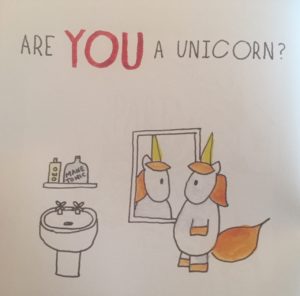
noun | u-ni-corn
- A mythical animal typically depicted with the body and head of a horse with a single horn in the middle of the forehead.
- A persistent, visionary, and dedicated nonprofit or foundation professional who shines with brilliance and practices humility.
6) Community-Based Global Learning: The Theory and Practice of Ethical Engagement at Home and Abroad, by Eric Hartman, Richard Kiely, Christopher Boettcher, and Jessica Friedrichs
…We know, for instance, of a university program in which a faculty member offered a traditional classroom course on international economics then simply went along for the ride with students as they were later immersed in nominal service in a Ghanaian community. The faculty member joined students in exciting experiences in tourist markets and in other areas where the economy was highly dependent on tourist activity, but the experience was not connected to explicit intellectual inquiry. Course members seemed to be merely tourists, and community members had yet another experience of unprepared and curious students visiting to take away ideas, experiences, and trinkets with very little direction, supervision, or mentorship.
With thoughtful planning, a similar course might be more rewarding for all participants. An economics professor involved in such a course could cooperate with community members and students to reflect on lived experience in that same region of Ghana. They might have, for example, talked together about how the popularity of microfinance, which was just beginning to affect the host community, affected rural farmers’ position and opportunities…
7) The Idealist’s Survival Kit: 75 Simple Ways to Avoid Burnout, by Alessandra Pigni
There are a few issues that hover around service work, and they can break us if we are not careful: perfectionism, guilt, shame, cynicism, and one thing most of us are in denial about: power.
“We are not a perfect organization,” my head of mission told me at the end of an honest debriefing and difficult mission. “Indeed!” I thought back then, metaphorically slamming the door in his face. His words conveyed empathy and understanding, so I knew he wasn’t trying to justify the flaws of the institution. What he may have been trying to tell me was that aid workers weren’t going to fix anything or anyone by aiming for perfection, and that accepting imperfection would make my own life and work easier. Perfectionism is stressful, for ourselves, and for those who have to work with us.
8) Smart Risks: How small grants are helping to solve some of the world’s biggest problems, edited by Jennifer Lentfer (yours truly) and Tanya Cothran
Diane’s daughter’s school has a very active parent-teacher association and her partner is a member of a volunteer group that refurbishes old houses in their city for poor people. The leaders of both of those organizations are really dynamic community leaders, and when she gives to these groups, she knows where the money is going. She wonders, `aren’t there local groups in poor countries too? How could I get my support to them?’
***
…Jamie wondered how much of the money they saw moving around the aid system actually made it to the ground. When the Arab Spring occurred, a grassroots-up social movement having very little to do with traditional aid, it became harder and harder for Jamie to remain passionate about their job. The international aid system, they saw, no longer reflected how the world was changing around it and it didn’t serve the people who they knew were working for the betterment of their communities, whether international funding was there or not. Jamie wondered often if the work they did actually made any difference at all.
***
Related Posts
Write a book in 4 hours with 20 grassroots organizations?—How!?!
How to Work in Someone Else’s Country (A Book Review)
A Second Dip into the Reading Pile
Why I wrote about “smart risks” in philanthropy and why I would frame it differently now

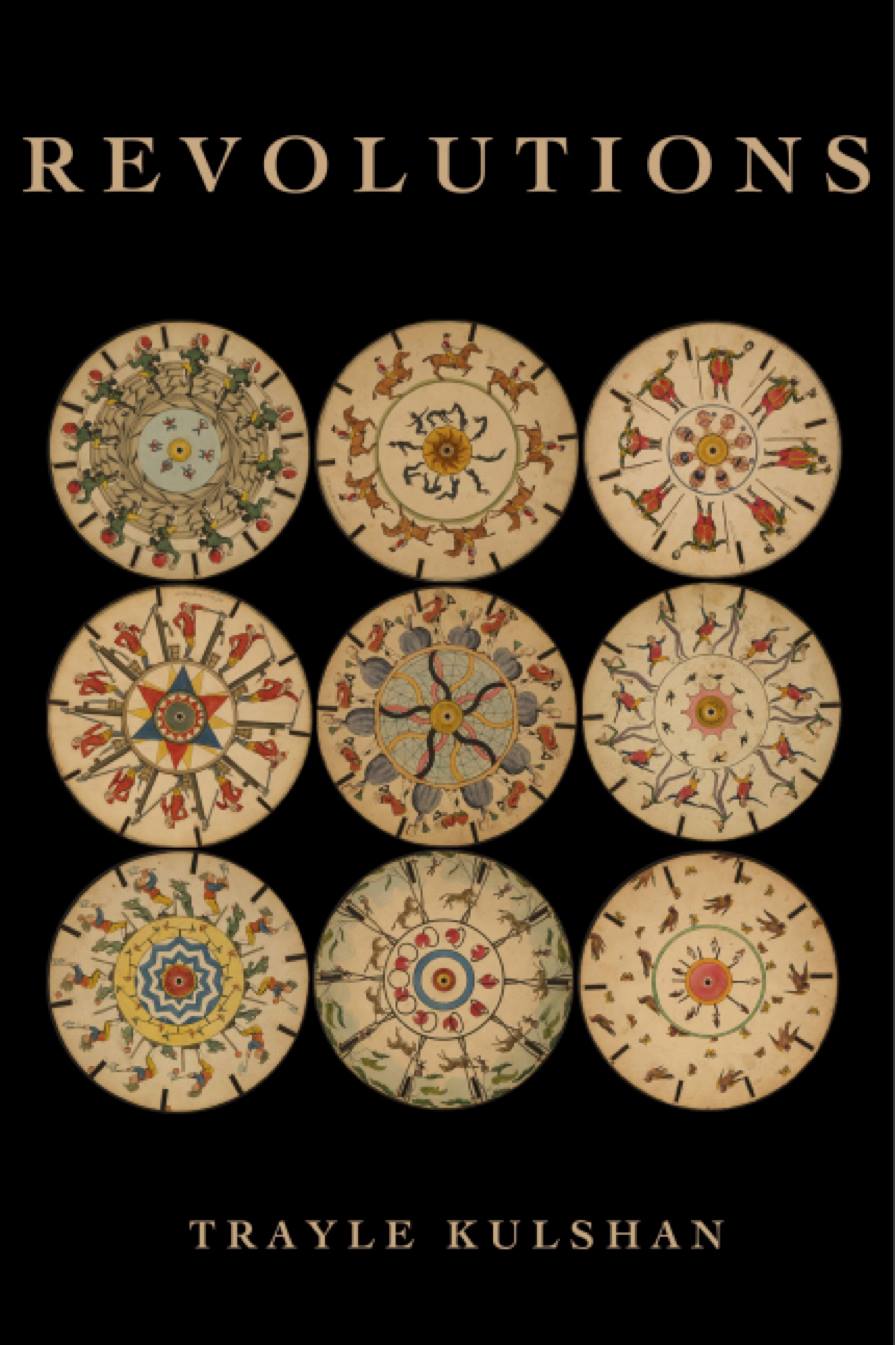
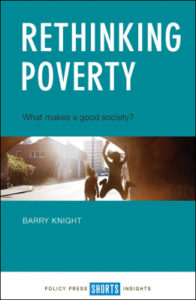

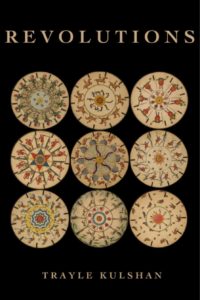
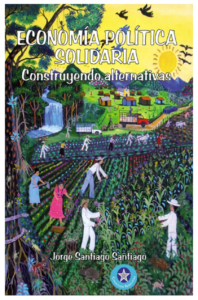
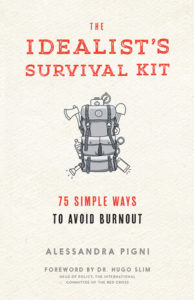
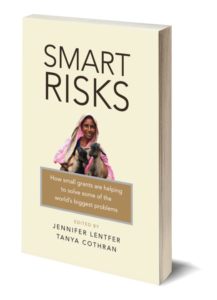
Excellent list. Are the ebooks for 1-3. I would like to feast on them?